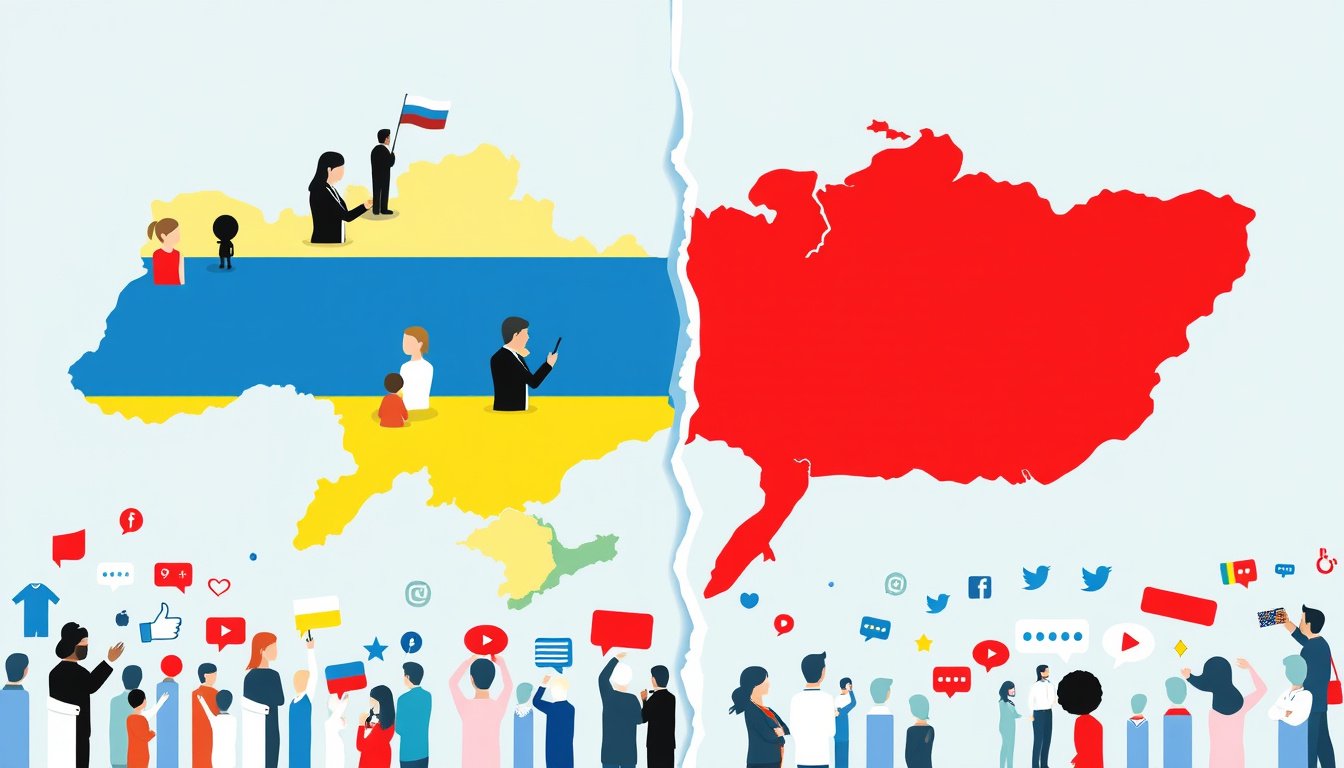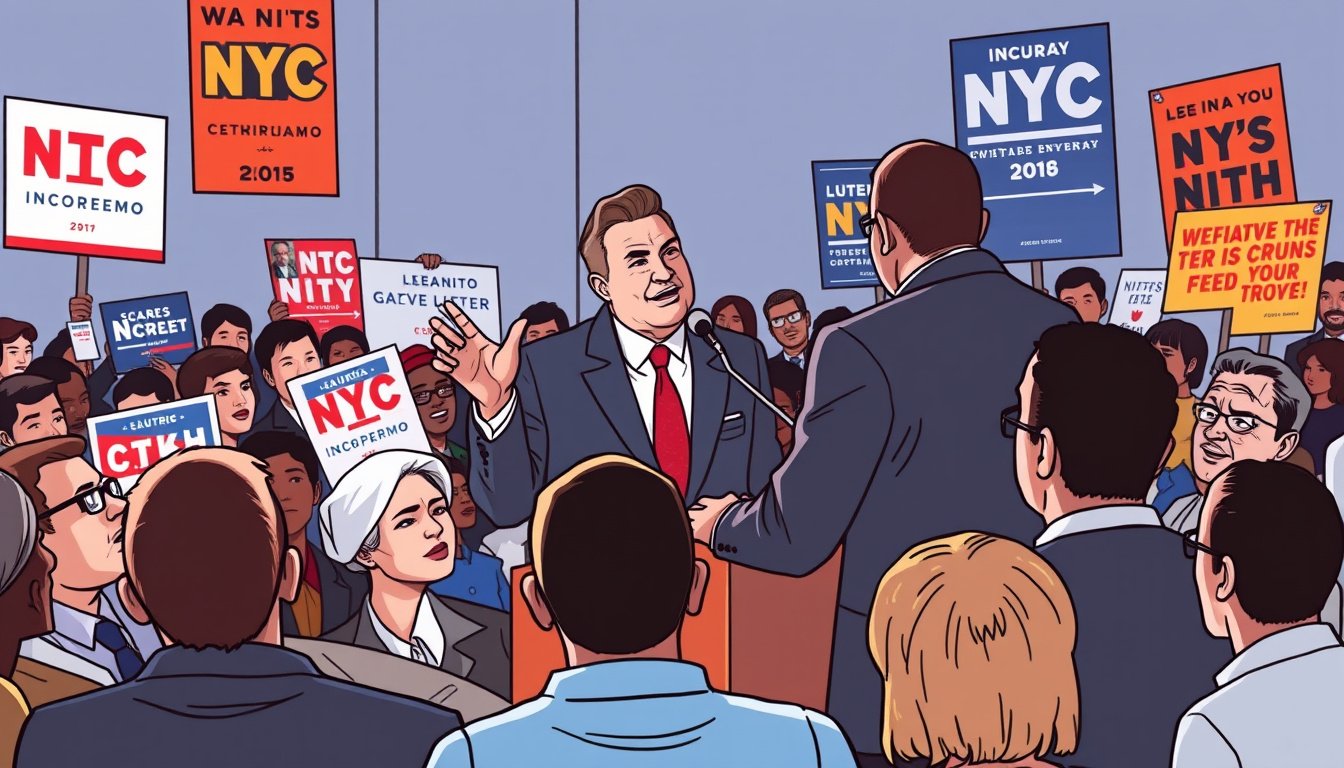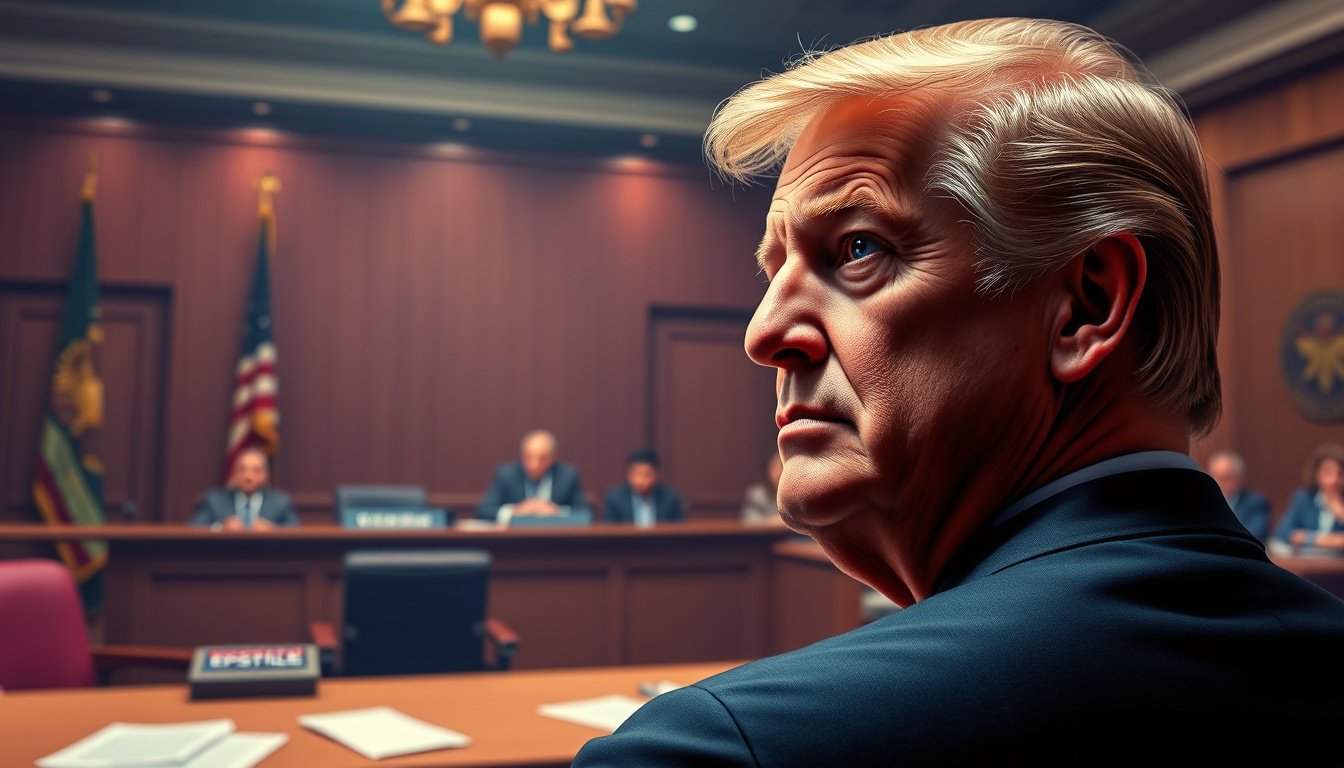The conflict between Russia and Ukraine, sparked by Russia’s full-scale invasion in 2022, continues to shape geopolitical dynamics and public opinion, particularly in the United States. As the situation evolves, recent polling data indicates a notable shift in American perspectives on Russia’s role, reflecting a growing divide among the populace. A new Pew Research Center poll has revealed that Americans are increasingly uncertain about whether Russia should be considered an “enemy,” with opinions fluctuating significantly over recent months.
Decreased Hostility Toward Russia
The poll reveals a decline in the percentage of Americans who label Russia as an “enemy,” with only 50% holding that view—down sharply from 61% in April 2024 and 70% at the onset of the invasion in March 2022. This notable change underscores a larger trend, particularly among Republican voters, many of whom have begun to reevaluate their stance towards Russia. Currently, only 40% of Republicans view Russia as an enemy, a significant drop from 58% one year prior.
Instead, a growing number of Republicans now categorize Russia as a competitor, a perspective once predominant before the war began. As of the latest survey, 34% of all Americans described Russia this way, while a scant 9% viewed it as a partner.
Political Influences on Public Opinion
This shifting sentiment correlates closely with political rhetoric, particularly that from key political figures. Former President Donald Trump has been a vocal advocate for a more conciliatory stance toward Russia, positioning the U.S. for potential peace talks and suggesting that the nation must come to terms with its relationship with Moscow. Following a recent phone call between Trump and Russian President Vladimir Putin, the former stated that the U.S. has undergone significant changes in its global position and might strive for friendlier relations with Russia.
The survey, which included responses from 3,605 Americans, highlights the dynamic nature of U.S. foreign policy and public opinion, particularly as partisan divisions shape perspectives on international issues. The findings come in the backdrop of considerable shifts in the overarching U.S. strategy towards Ukraine, influenced by troubling diplomatic encounters, such as the recent meeting between Trump, Vice President JD Vance, and Ukrainian President Volodymyr Zelensky.
Concerns Over Support for Ukraine
Another striking revelation from the Pew poll is that fewer Americans feel the U.S. has a responsibility to assist Ukraine in defending itself against Russian aggression. The number of respondents affirming this duty has dipped to 44%, with a marked decline in Republican support—only 23% now believe the U.S. should help Ukraine, down from 36%. This trend could have serious implications for future military aid and international support as the war continues.
Confidence in Leaders
While many Americans maintain low confidence in Vladimir Putin, with only 12% expressing any faith in his ability to act positively in global affairs, there is a stark contrast in how different political affiliations view Ukrainian leadership. Approximately 70% of Democrats have confidence in Zelensky, while only 30% of Republicans share similar sentiments. Interestingly, the overall perception of Zelensky remains favorable, with nearly half of Americans expressing confidence in his leadership.
Evolving Concerns About Russian Aggression
Despite the decline in the perception of Russia as an enemy, a significant portion of the American public remains deeply concerned about Russia’s potential to invade other countries and its ongoing campaign to dominate Ukraine. About 47% of Americans express substantial concern about further Russian incursions, illustrating that some fears persist amid changing attitudes.
As the conflict continues to unfurl, the U.S. public’s views reflect a nation grappling with the complexities and contradictions of foreign policy. With opinions diverging sharply along partisan lines, the discourse surrounding Russia’s involvement in the Ukraine conflict is likely to persist as a contentious topic of debate within American politics and society.










